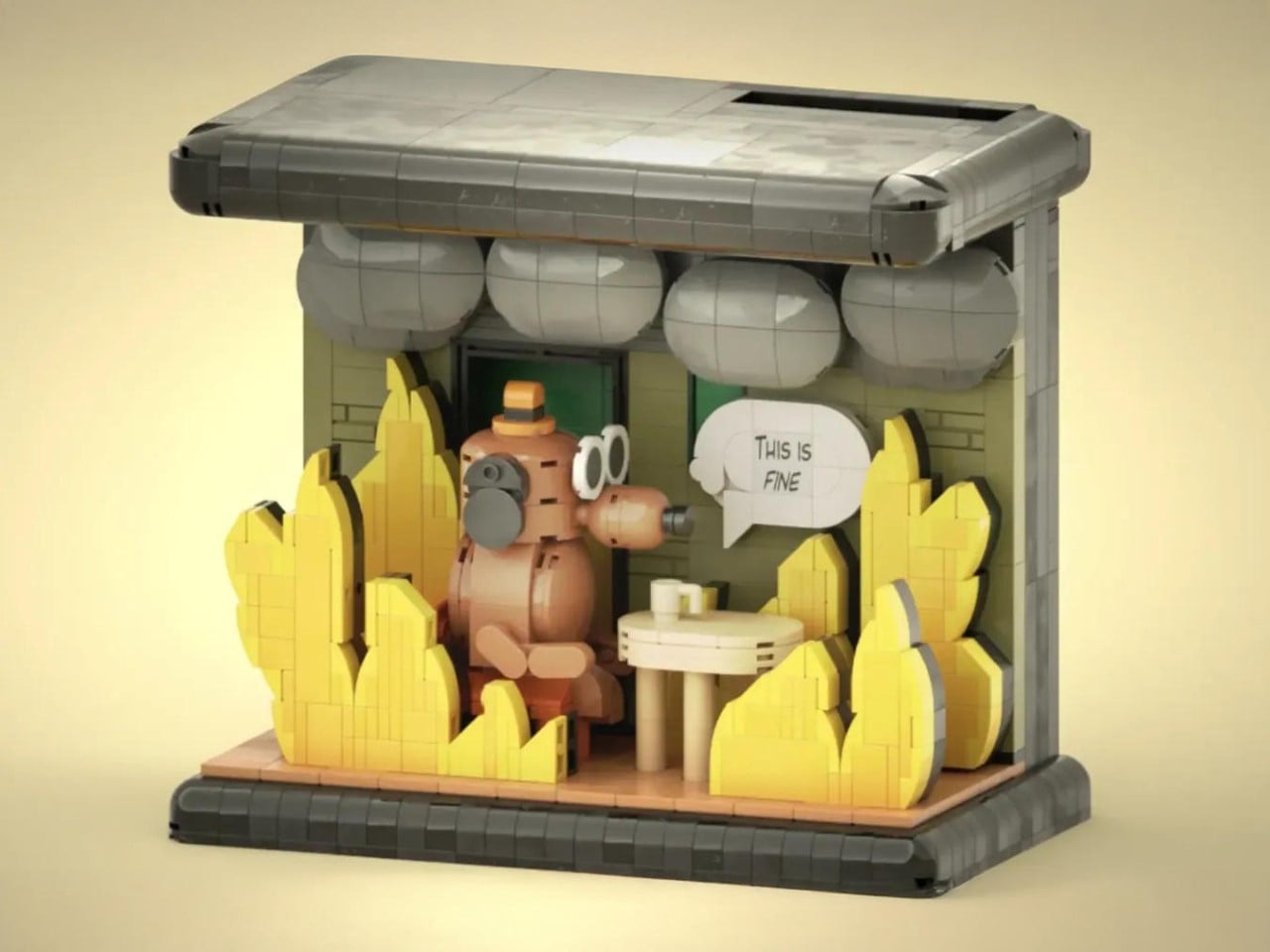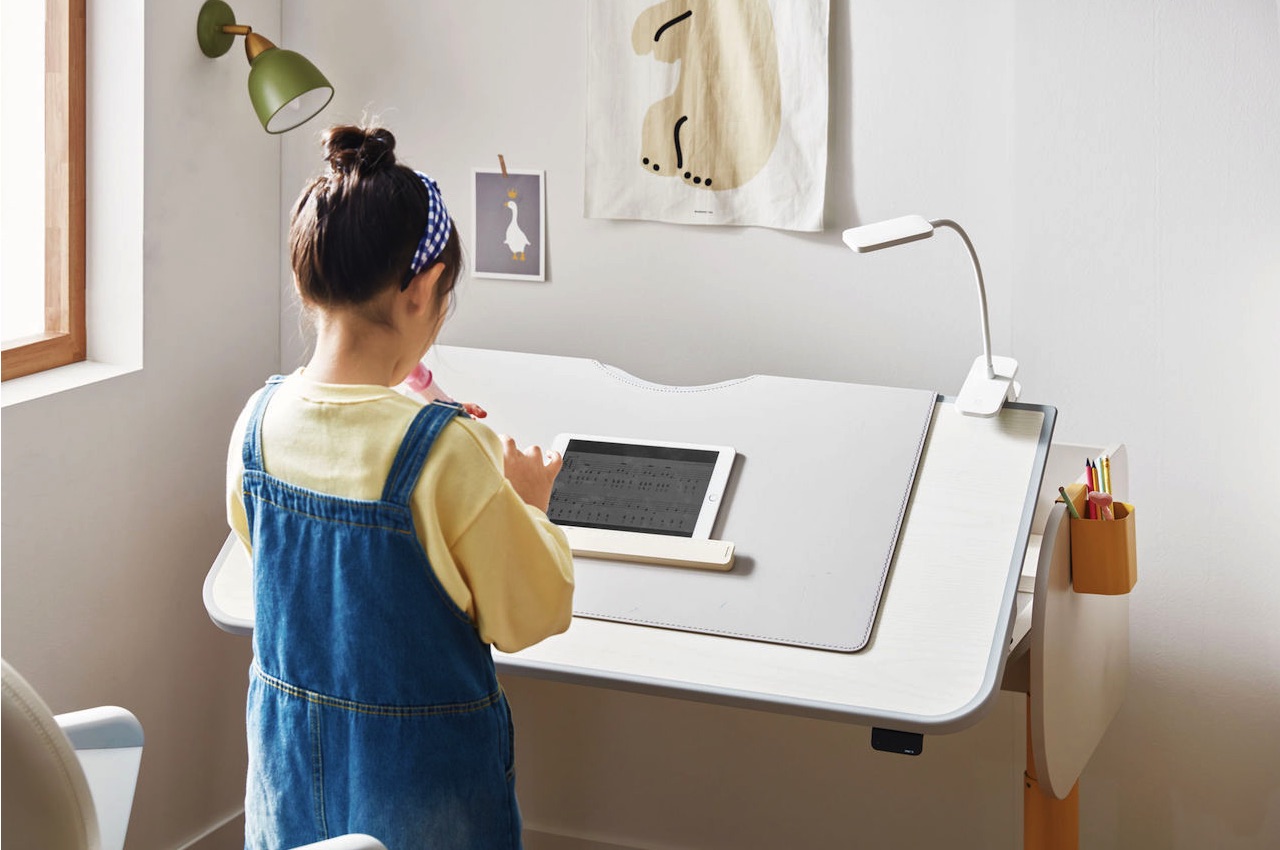#What Are Super Shoes? Exploring the Design and Technology Behind Nike’s Gyakusou Zoom Fly SP

Table of Contents

Super shoes have become a key talking point in the running world, promising to improve performance and efficiency. These shoes are engineered to help runners go faster with less effort, thanks to innovative materials and construction. But what exactly qualifies as a “super shoe,” and how do they compare with regular running shoes? Let’s dive into what defines super shoes and how Nike’s Gyakusou Zoom Fly SP fits into this category.
Designer: Nike


Nike Gyakusou Zoom Fly SP
Super shoes are distinct from traditional running shoes due to their combination of ultra-light materials, responsive cushioning, and a carbon fiber plate embedded in the midsole. This design creates a spring-like effect, helping runners propel forward with less energy spent per stride. The foam used in these shoes is engineered for high energy return, meaning that when your foot hits the ground, the shoe gives you a lift-off sensation. For runners looking to improve their race times, super shoes offer an advantage in both efficiency and speed.
In contrast, regular running shoes prioritize comfort, support, and durability for daily training. They focus on protecting your foot from impact and offer cushioning for long-term use, but they don’t have the same energy-boosting properties as super shoes. Instead, regular shoes use denser, heavier materials that absorb shock but lack the responsive boost found in super shoes.
The Design of Super Shoes: Nike’s Gyakusou Zoom Fly SP
The main design difference in super shoes is their focus on making each step more efficient. Nike’s Gyakusou Zoom Fly SP, a collaboration with Jun Takahashi of UNDERCOVER, is a prime example of performance technology combined with creative design.


The shoe features a translucent upper that gives it a unique look and reduces weight. The upper is lightweight and breathable and provides a snug fit without the bulk of traditional materials, making it a practical part of the shoe’s performance-driven design. The reflective elements improve visibility during low-light runs, adding practicality to the design.
Nike’s Lunarlon cushioning absorbs impact while maintaining the bounce needed for long-distance running. The carbon-infused nylon plate in the midsole adds stiffness and responsiveness, providing smooth transitions from heel to toe and giving you that extra push during runs.


Nike Gyakusou Zoom Fly SP
Jun Takahashi’s influence is evident in the design and Gyakusou graphics. The shoe is built to perform well while offering a unique style for runners who appreciate function and design.
Key Elements of the Nike Gyakusou Zoom Fly SP
When I first tried the Nike Gyakusou Zoom Fly SP, I was struck by its lightweight and thoughtfully designed design. These shoes are engineered for performance and tell a story through their design. I quickly purchased both pairs before they sold out, and they’ve become a regular part of my running kit ever since.


The translucent upper gives the shoe a sleek, barely-there feel while keeping it breathable. The reflective detailing adds a practical safety feature for night runs. But the combination of Lunarlon cushioning and the carbon-infused nylon plate sets these shoes apart. With each step, the plate propels you forward, offering that extra boost when needed.
The Gyakusou graphics reflect Jun Takahashi’s vision of blending fashion and function. These shoes inspire confidence with bold design choices that work just as hard as the performance features.
Real-World Test: Nike Gyakusou Zoom Fly SP in Action
When I first saw the Nike Gyakusou Zoom Fly SP, I was instantly drawn to its unique design and lightweight feel. I immediately fell in love with them and bought them without realizing they were classified as “super shoes.”


Nike Gyakusou Zoom Fly SP
After hitting the pavement in them, it became clear these shoes perform as well as they’re designed to. The lightweight materials felt seamless, almost like an extension of my foot. The carbon-infused nylon plate made a noticeable difference, providing an extra push with each step, especially during long runs when maintaining pace can be challenging.


The Lunarlon cushioning kept my feet comfortable even over longer distances, offering the right balance of support without feeling too soft. There’s an adjustment period if you’re used to traditional trainers, but once you get used to the feel, the energy return feels like a natural part of your stride.
And you don’t need to be a competitive runner to enjoy super shoes. I travel frequently and often find myself sprinting through airports from gate to gate. In cities like Tokyo, Barcelona, and Berlin, where walking and public transit are common, the Gyakusou Zoom Fly SP has become my go-to travel companion. Beyond comfort, they’re also lightweight enough to pack as a second pair of shoes. Whether navigating crowded terminals or getting around new cities, these shoes make travel easier.


The Nike Gyakusou Zoom Fly SP is built for runners seeking performance and style. With its lightweight design, responsive plate, and carefully thought-out details, these shoes are perfect for anyone looking to elevate their running experience. Whether aiming for a faster time or wanting a unique design that performs, these shoes do the job well without compromising comfort or aesthetic appeal.
Vincent Nguyen
If you liked the article, do not forget to share it with your friends. Follow us on Google News too, click on the star and choose us from your favorites.
If you want to read more like this article, you can visit our Technology category.



